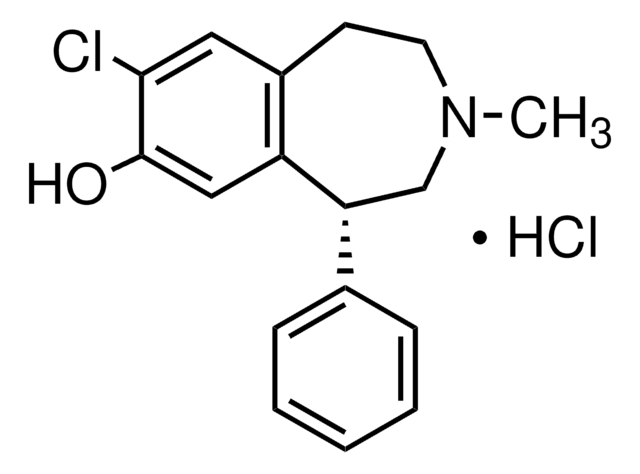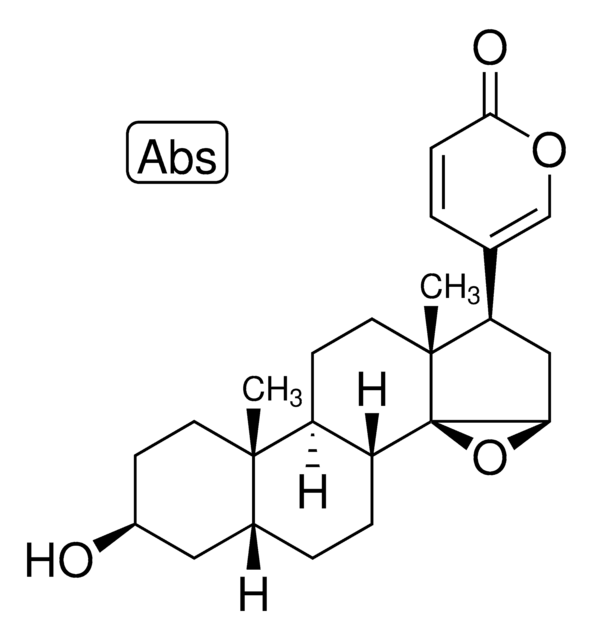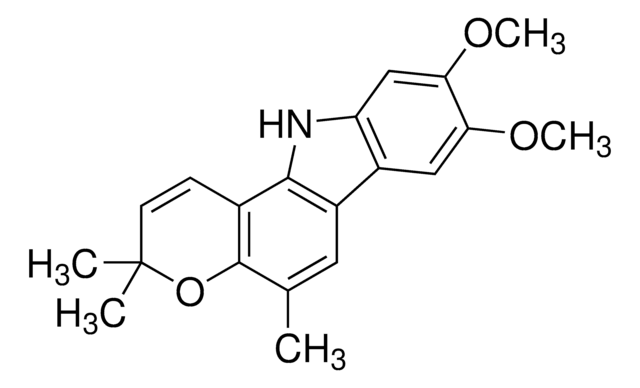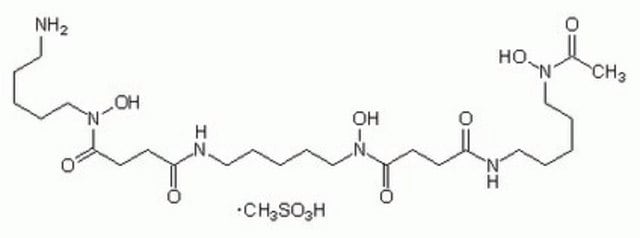F2053
Fas Intracellular Domain human
>90% (SDS-PAGE), recombinant, expressed in E. coli (N-terminal histidine tagged), buffered aqueous solution
Synonym(s):
APO-1 interacellular domain, CD95 intracellular domain, Fas IC
Sign Into View Organizational & Contract Pricing
All Photos(1)
About This Item
Recommended Products
General description
Fas is a key component of apoptosis, and is a cell surface receptor. This gene is localized to human chromosome 10q24.1, and is composed of nine exons and eight introns.
Biochem/physiol Actions
Fas and its ligand play an essential role in apoptosis, by activating the cell death signaling pathway. Mutations in this gene are associated with evasion of apoptosis by cells, leading to tumorigenesis, and prevention of clearance of these cells by the immune system. A polymorphism in this gene results in the production of soluble Fas (sFas), which is implicated in the chronic autoimmune disorder called primary Sjögren′s syndrome (pSS).
Fas intracellular domain, amino acids 191-335, is a widely expressed membrane receptor, which is responsible for controlling tissue homeostasis and immune responses. Fas receptor is activated by Fas ligand causing its trimerization. The aggregated Fas intracellular death domain recruits, via FADD adapter, pro-caspase-8 and forms a DISC (death-inducing signaling complex). Caspase 8, in turn, activates the downstream caspases, such as caspase 3, culminating in apoptosis.
Physical form
Solution in 50 mM Tris-HCl, pH 8.0, 2 mM EDTA, 2 mM DTT, 300 mM NaCl, 0.05% NP-40, and 10% sucrose.
Storage Class
10 - Combustible liquids
wgk_germany
WGK 1
Choose from one of the most recent versions:
Certificates of Analysis (COA)
Lot/Batch Number
Sorry, we don't have COAs for this product available online at this time.
If you need assistance, please contact Customer Support.
Already Own This Product?
Find documentation for the products that you have recently purchased in the Document Library.
B A Treviño-Talavera et al.
Genetics and molecular research : GMR, 13(3), 4831-4838 (2014-07-26)
Primary Sjögren's syndrome (pSS) is a chronic systemic autoimmune disease characterized by lymphocytic infiltration of exocrine glands. Soluble Fas receptor (sFas) has been suggested as a Fas-mediated apoptosis blocker that could impair clonal deletion in infiltrated autoreactive cells. The FAS
Cheng Jin et al.
Medical science monitor : international medical journal of experimental and clinical research, 21, 630-637 (2015-02-28)
The CD95 gene plays a key role in regulating cell growth and tumor genesis. To date, several publications have focused on the CD95 rs1800682A/G site polymorphism and various types of tumors in Asians; however, this association is still controversial and
Our team of scientists has experience in all areas of research including Life Science, Material Science, Chemical Synthesis, Chromatography, Analytical and many others.
Contact Technical Service







